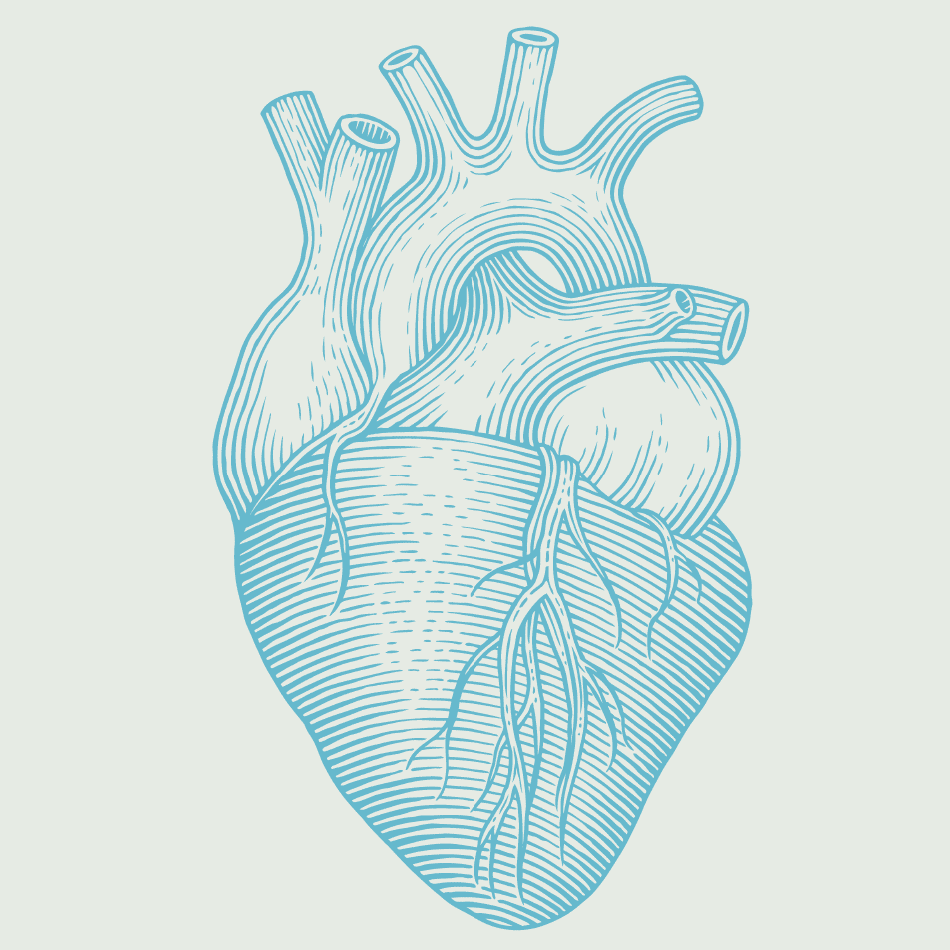Stress

Description
The typical American, or anyone for that matter, tends to be under some stress. At our practice, we see the health effects of stress at near epidemic levels, and it is has said that nearly 80% of hospital visits can be traced back to a stress-related event. However, there is drugless relief! Take the next few moments to relax as you read methods and strategies to help reduce your stress naturally.
System
Chronic stress does not belong to one particular system per se, but its adverse effects impact many systems and body parts including your:
Heart
Stress compounds the problems with the heart; not only does it cause your body to become acid, but it can also elevate cortisol, which is secreted by the adrenal glands in times of emergency. With today’s typically pressure-filled lifestyle, most people are in a low-grade level of distress almost continuously, and this steady elevated cortisol level increases fluid retention and high blood pressure.
Adrenal
When stress levels are always high, they lead to impaired adrenal function. The nutrients for routine cellular function are used to make cortisone to handle the stress, and for men, leaving very little to make testosterone. Cholesterol production is also diverted to produce ever-increasing amounts of cortisone instead of being used for steroid-based hormones.
Drugless Stress Protocol
-Learn to say, “No!” Stop saying yes to everything you are asked to do and give your body much needed rest. Make yours and your family’s health a priority. The adrenals will continue to release the hormones to speed the body up unless you decide to give it a rest.
Using The Drugless Doctors’ B.E.S.T. Technique:
B – Breathing
Deep breathing kicks in the healing part of the Nervous System (parasympathetic)
The 5-second breathing technique – breathe in through the nose for five seconds, hold for five seconds, out through the mouth for five seconds, hold the breath out for five and repeat process 2-3x.
E- Exercise
One of the simplest most effective stress reducers is exercise. Studies show that exercise alone helps reduce stress. Goal: walk 20 minutes a day three to five days a week.
S-Sleep
Most Americans do not get enough sleep, compounding stress in the body – this means going to bed before 10 pm and stopping the use of all electronics before bedtime. One of the most common themes that we have seen with our practice members today is not getting proper sleep. Example – “The nothing box.” Tips for improving sleep include dark rooms, as quiet as possible, and eight or more hours when possible.
T – Talk
Self-talk is vital when it comes to handling stress. Most people talk more negative towards themselves then they would ever let anyone talk to them. Having the right kind of self-talk is essential. In every situation look for positive results which can come out of it and don’t jump to the conclusion that it is positive or negative. For example, you’re at a car mechanic – someone comes in after they had their brakes repaired and says that they still don’t work. The mechanic can jump to conclusions like they don’t like me, or I am a lousy mechanic, and neither of those may be right.
T- Time
All processes take time – small changes today result in significant changes over time. Your problem is not your problem it is your attitude about your situation that’s the problem. If there are stressors in your life, identify them and do not sweep them under the rug because over time they can get worse if they are not addressed. Once you have identified the stressor, come up with several ways to deal with the issue. Not having a plan is a plan to fail.
Videos
1. Stress Prevention
Did you know that you can prevent stress’ negative health effects? Find out how in this video.
2. Helping You Stress Less!
The Drugless Doctors share how stress affects your health and how they help treat their patients who have stress symptoms without medication in their multiple practices.
Testimonial
A year after the loss of my wife to cancer, I visit Dr. Bob. Upon the examination and tests Dr. Bob performed on me, he told me the following: You’re under a lot of stress. Your body is acidic due to stress, which is depleting your minerals. Your brain is tired, your immune system is compromised, you’re not getting enough nutrition, and I could go on and on.
He also found that my back and neck were a mess. I had adrenal fatigue and hypothyroid related to stress. The adrenal fatigue and hypothyroid were the primary causes of the symptoms that were viewed as anxiety and depression by conventional medicine. It’s been a little over a year, and my thyroid and adrenals are covering, and my tests can prove it! – J.S.


